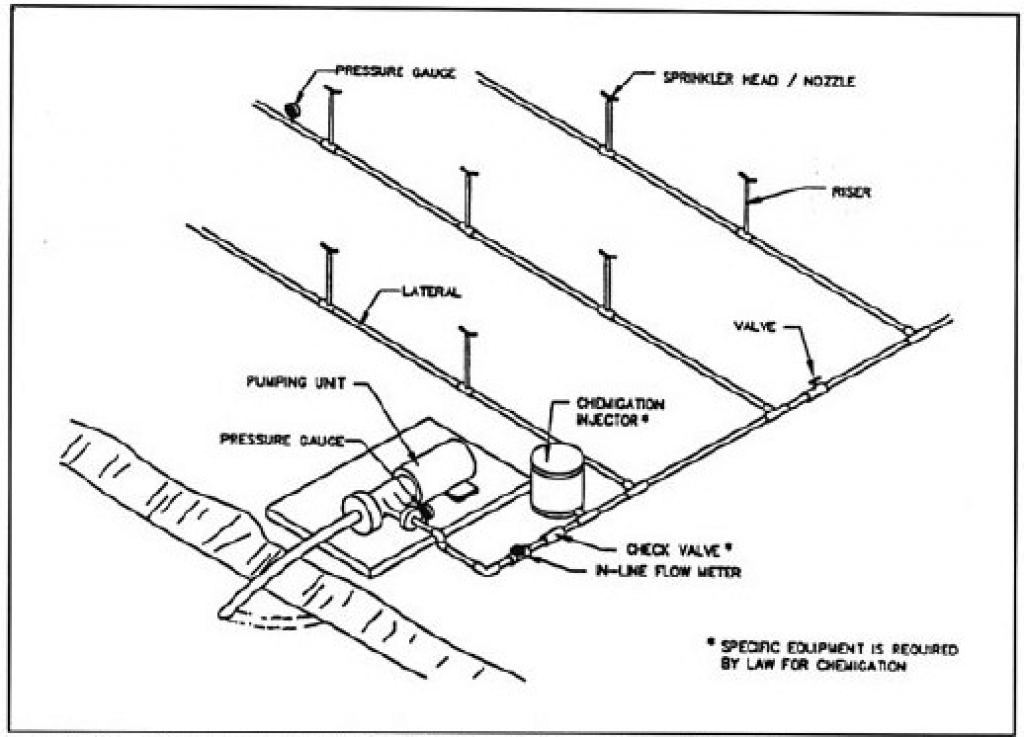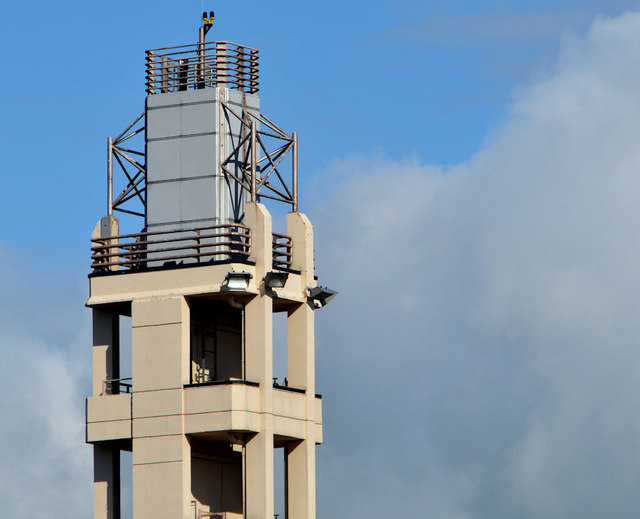Comprehensive Resource on Fire Suppression Systems and Response Drills
Comprehensive Resource on Fire Suppression Systems and Response Drills
Blog Article
Fire safety is a vital aspect for building managers. Two key components of fire protection are sprinkler systems and firefighting preparedness programs. Automatic fire suppression setups prevent fires from spreading, organized fire response units ensure swift action.
How Do Sprinkler Systems Work?
Fire sprinklers activate in emergencies by releasing water when the temperature rises. Fire safety heads minimizes water usage, ensuring precise fire suppression.

Components of a sprinkler system include:
- Nozzles: Deliver water to suppress heat.
- Flow system: Delivers water efficiently.
- Fire suppression control units: Monitor fire events.
- Backup water systems: Maintains readiness in emergencies.
The Importance of Emergency Preparedness Programs
Firefighting preparedness trains teams to manage fire-related incidents. Fire readiness courses emphasize teamwork, reducing panic during unexpected events.

Important parts of fire brigade training include:
- Risk management strategies: Understanding fire hazards.
- Emergency exit strategies: Reducing evacuation time.
- Using firefighting tools: Learning suppression tactics.
- Collaborative response skills: Enhancing communication.
Como instalar sistema de sprinkler?
detectores de fumaça e sprinklerso sistema de chuveiros automáticos sprinklers possui basicamente 4 classificações
How Sprinkler Systems and Fire Brigade Training Work Together
Using automatic fire suppression with brigade drills provides unmatched safety. Sprinklers work as the first line of defense, while prepared teams ensure proper evacuation.

Uniting tools and expertise ensures maximum protection for residential areas, offices, and industrial facilities alike.
Conclusion: Prioritizing Fire Safety with Comprehensive Protection
Investing in sprinkler systems and organizing emergency preparedness programs demonstrates responsibility. Working hand-in-hand, these methods create a powerful defense.
Take action for a safer tomorrow by installing a sprinkler system and organizing emergency response drills. Your safety and the safety of others depend on it!
Report this page